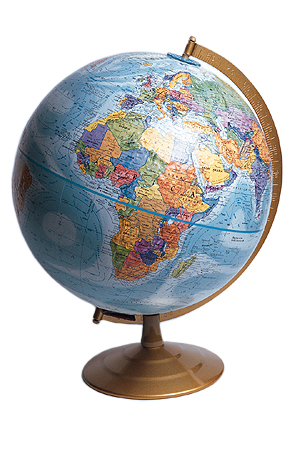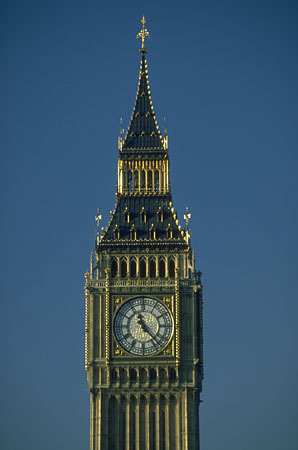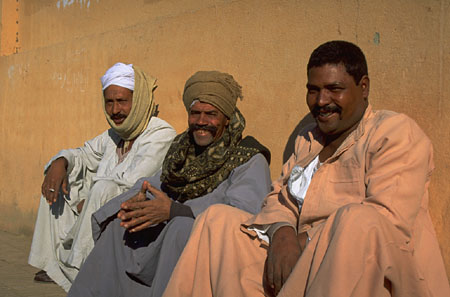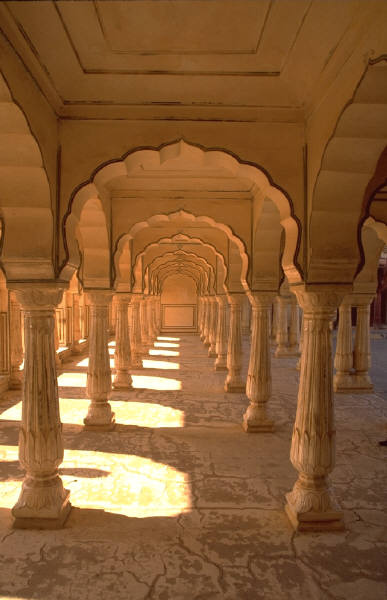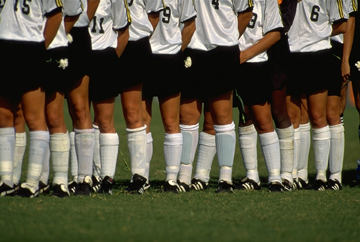
LITR 5734: Colonial &
Postcolonial Literature
(cross-listed as "CRCL 5734: Cross-Cultural Texts in Dialogue")
Spring 2008; Thursdays 4-6:50pm
Instructor: Craig White
An emerging field in world literature--
Classical texts of European colonialism
are read in dialogue with
African, Asian, and Caribbean texts
of liberation and the postcolonial experience.
![]()
|
|
AFRICA
|
|
|
Joseph Conrad's Heart of Darkness (1902) in dialogue with Chinua Achebe's Things Fall Apart (1958)
|
|
![]()
|
|
INDIA E. M. Forster’s A Passage to India (1924) in dialogue with Khushwant Singh’s Train to Pakistan (1956) |
|
![]()
|
|
The CARIBBEAN Daniel Defoe’s Adventures of Robinson Crusoe (1719) in dialogue with Jamaica Kincaid’s Lucy (1990)
|
|
+
Collected Poems, 1948-1984 (1986)
of Nobel Laureate Derek Walcott of St. Lucia
![]()
Course objectives:
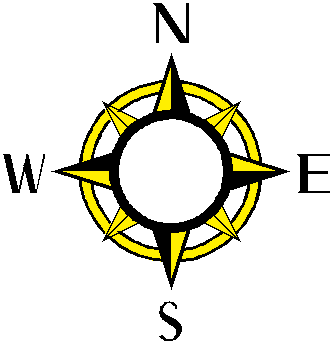
(Primary Objectives)
1. To practice textual dialogues between classic literature of European colonialism and emerging literature from the postcolonial world.
a. To read literary texts not exclusively as a sequence of autonomous, "universal" masterpieces but also as historical voices or traditions that respond to and cause responses by other voices and traditions. ("Intertextuality.")
b. A dialogue between texts may be a conscious debate between contemporaneous authors, or it may be a dialogue imposed and interpreted by readers.
2. To theorize the novel as the defining and liberating genre both of nineteenth-century imperial culture and of twentieth-century postcolonialism
a. By definition, the genre of the novel combines the fundamental representational modes of narrative and dialogue. These modes may respectively control and decenter storytelling; alternately, they may represent literacy and orality (i. e., especially in postcolonial literature the narrator may be a "literate" voice, while the characters’ voices may represent oral or unwritten speech traditions).
b. We will complicate this celebration of the genre of the novel by reading poetry by Derek Walcott and glancing at films representing colonial and postcolonial perspectives.
(Secondary Objectives)
3. To observe repressions, complications, and alternatives in gender in the traditionally male-dominant fields of cross-cultural contact and literature.
4. To relate postcolonialism and postmodernism. (These movements emerge co-historically in the second half of the twentieth century and share some stylistic traits. Postcolonialism is usually identified with the political, cultural, and literary emergence of the "third world" or the "undeveloped world," whereas postmodernism is usually identified with elites of the "first" or "developed world." But both occur after [or post-] the national movements that defined European imperialism and global modernization over the past few centuries.)
5. To develop environmental thinking. Discussions of overpopulation, immigration, climate change, and other global environmental issues often take place in terms of developed and undeveloped nations, modernization, and "space and place." (Compared to traditional cultures of the "Third World," modern cultures of the "First World" or "global culture" usually have little attachment to particular places).
For further information phone 281 283 3380 or email whitec@uhcl.edu

LITR 5734: Colonial &
Postcolonial Literature

